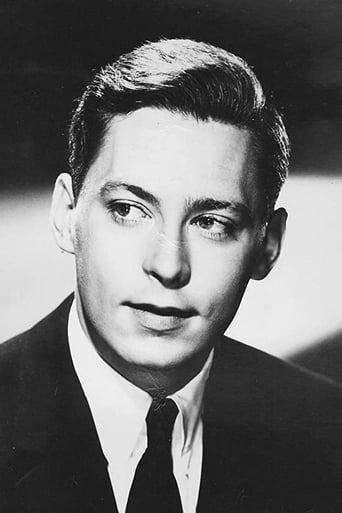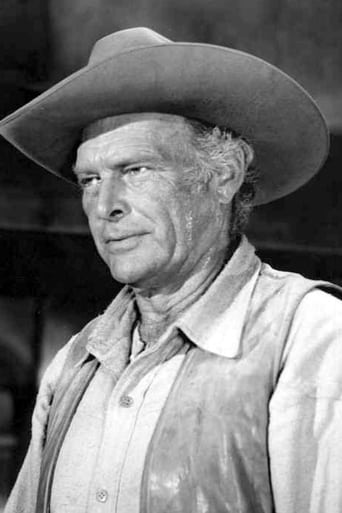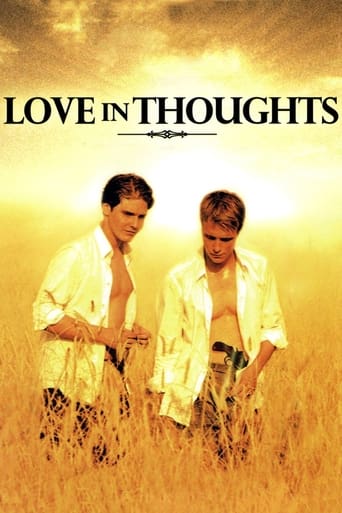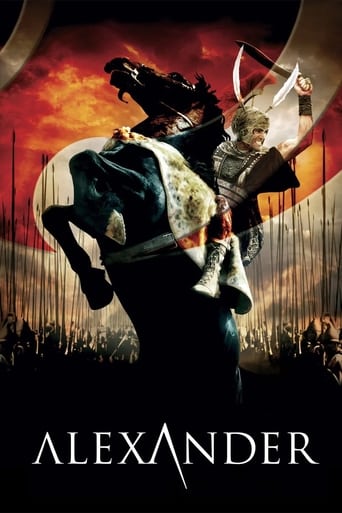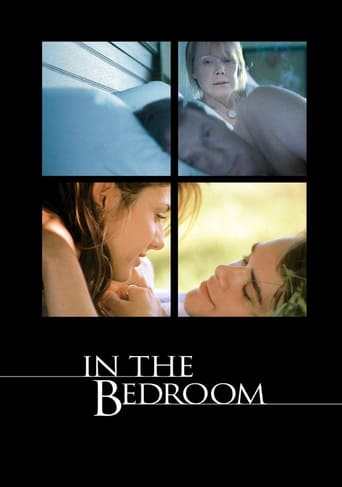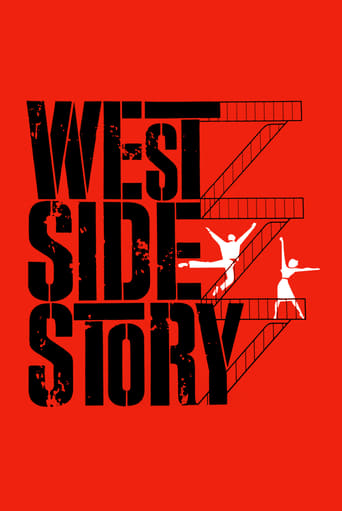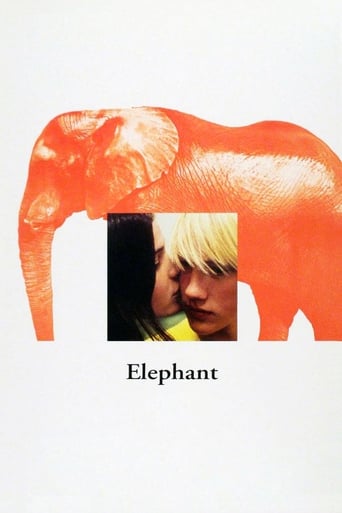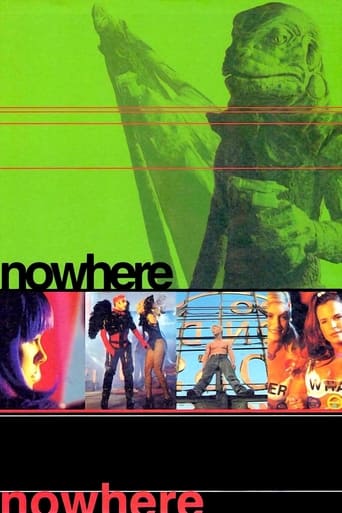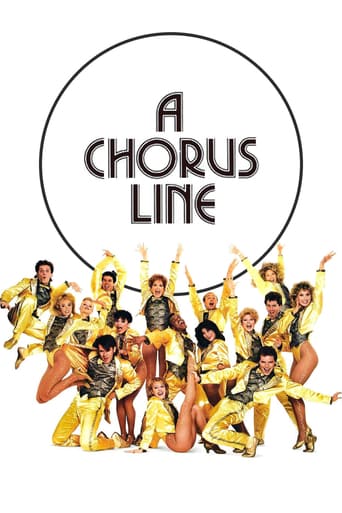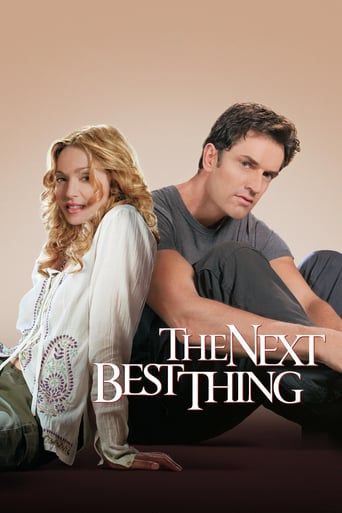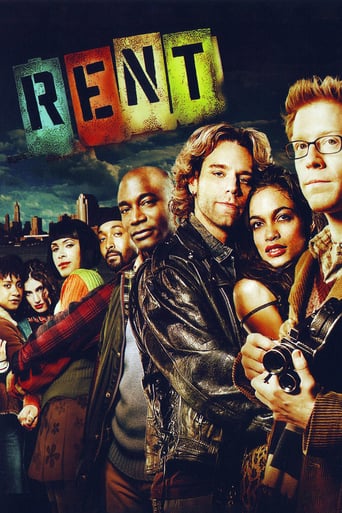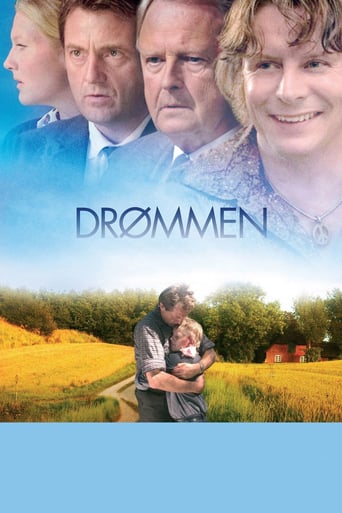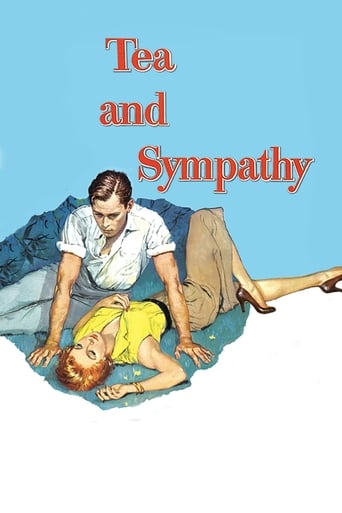
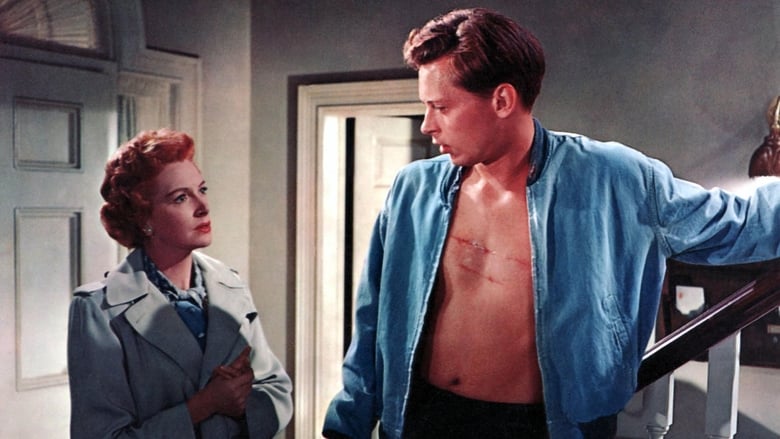
Tea and Sympathy (1956)
At a high school reunion, a middle-aged man recalls his boarding school days, when the only person who seemed to sympathize with him was his housemaster's wife.
Watch Trailer
Cast


Similar titles
Reviews
I watched "Tea and Sympathy" within a day or two of also watching "The Band Wagon," and the two films together went a long way toward increasing my admiration of Vincente Minelli, a filmmaker who I haven't generally cared much for in the past.Was any actress more elegantly luminous than Deborah Kerr? In this, she plays a faculty wife at a preppy college who feels pity for a young man (John Kerr) who is ostracized by the other boys for his sissy tendencies. The film is an overt exploration of masculine insecurity at a time when gender roles weren't allowed to be fluid at all. Deborah is simply marvelous, as she always was, while John Kerr is a little less successful, his acting a bit more obvious and heavy handed. But the film overall is wonderful, and should be seen by anyone who's interested in films that explore the ugly side of the middle class American dream that was so heavily trumpeted in the 1950s, a dream that was really a prison for so many.Grade: A
Although 'Tea and Sympathy" is extremely dated it is a very valuable social document. My biggest problem is the age of the cast. Most of the"schoolboys" seem to be over 20 years of age. Even John Kerr, in his starring role seems several years older than the 18 years he is supposed to be. I came to this film after seeing the 1958 musical "South Pacific" for the first time ever, in which John Kerr plays Marine Lieutenant Joe Cable. He is my idea of an admirable young man of innate integrity - handsome, dignified, the epitome of the most noble type of young American serviceman. 'Tea and Sympathy' is clearly a stage play in essence, but that's the mode in which I choose to enjoy it. The world of today (2016) is awash with LGBT knowledge of gay realities, but in the 1950s, clearly, nobody understood much about such things and Hollywood was terrified of the subject. One good result of this is that, given the Tom Lee character is not even slightly gay, John Kerr - super-straight in real life - is perfect casting! Deborah Kerr plays her role as the Housemaster's understanding wife with great verve. I bought a region-free DVD online - The remastered edition from Warner Brothers Archive. (Warnerarchive.com)
I was touched by this excellent film about a sensitive young man, Tom attending his tenth college reunion and reflecting on his difficult freshman year. He attended a school that his manly father attended before him. Tom was a talented tennis player and singer with ambition to follow a "different drummer" - to be a folk singer; a calling of which his father disapproves.Tom's father, his fellow students and professor/house father bully and gossip about Tom for such things as sewing with the professors' wives and playing tennis rather than participating in more manly things. They call him names such as Sister Boy. Tom is not gay, but a sensitive virgin who has yet to find himself. He has a longing for true love in a world of macho mean men with their locker room bragging. The neglected wife of the professor/house father alone understands and sympathizes with Tom.This movie reminds us that bullies are small minded people who have always been around and unfortunately probably always will. Hopefully, the bullies of the world and those who don't fit into the so called "in crowd" will see themselves in this film and become better as they learn from the film.In my opinion, the world would be a most boring place to live if everyone were the same. This film is a great lesson on understanding others. I want to watch it again soon and share it with friends and family.
Some of the comments here puzzle me, and really point out how people can see the same film and yet see entirely different films nonetheless.Yes, Tea and Sympathy addresses homosexuality -- but there isn't a single bit of *actual* homosexuality in the film. It's not about actual homosexuality but about perceived homosexuality... and the fear thereof. It's completely obvious within five minutes that Tom Lee is completely in love with Laura, and there's nothing whatsoever in the film that suggests he might feel romantic or erotic attraction to men... nor is there anything whatsoever in the film that suggests that he's confused about whether or not he likes men (or men and women).Of course, back in the fifties, most, really all, film language that dealt with homosexuality was coded. Things *stood* for homosexuality, rather than directly displaying it. So, one could be tempted to say that Tom Lee is a coded closet case. But, far too much of the script is explicitly about the external challenge of his being seen as, or feared to be, queer; while absolutely none of it is about an internal struggle with his orientation. He struggles with the perception (his own and others) of his masculinity, but nothing in the film indicates Tom himself might think he's queer.And, again, his obvious infatuation with Laura permeates the whole film. He doesn't *stalk* her at the beginning because he needs a sympathetic ear...And when she tries to set him up on a tea date with a girl, there's no sense that she fears Tom is queer, that she must straighten him out. But she *is* horribly concerned that they keep others from thinking it. She even has one line of dialog in which she speaks to him directly of the need to "nip this in the bud" or somesuch. Even in a 1956 film, it wouldn't make any sense to think that this woman would think a tea date would "straighten" Tom out; but it does make sense that she would believe it could be part of repairing his reputation.The closest the film ever gets to suggesting the potential (much less the actuality) of Tom being queer is when Laura voices fears that Tom being treated "not like a man" could lead him to *become* unsure of himself as a man... If you want to infer she fears he *might* become queer because of this, there's room especially given the overall coding Hollywood demanded of such material, but, again, you've got everything else in the film to work against this interpretation. And it's an interpretation of what Tom *might* be in the future, not what he is in the timeframe of the film itself.Furthermore, even this is only the perception of another character -- not Tom himself displaying any indication that HE fears he may one day "become" queer.Tom's conflict revolves around his trying to navigate his way in the world as the *atypical* man he is, find his identity as a man, and be accepted as such... in a world that doesn't want to.And it's *other* people, not Tom, who clearly (altho thru coded film language) see him as queer, or fear he might be.And while I understand that Anderson's play was more forceful in suggesting that the housemaster was a repressed homosexual, it's *really* stretch to see it in the film version. The building blocks of the coding are there (yeah, he hangs out with the boys and roughhouses with them, and he neglects his wife), but the film also goes to considerable lengths to paint him as a "typical" man who's lost interest in his marriage once he's claimed his wife. What with that, and the context of a film in which the main character is so clearly painted as a perceived homosexual rather than as an actual one (even in potentiality), the coding is so incredibly watered down that it's really not even there at all, effectively.Tea and Sympathy is a pretty compelling film about the definitions of masculinity and gender role enforcement and homophobia. It's really upsetting to see that homophobia and misogyny and incredible pressure to conform on screen, but it is compelling. Even if Minnelli turned out to be a horrible choice for director.His avoidance of close-ups reveals him to be, in this case at least, what feels to me like a very selfish director. More than the topic, more than the writing, it's the performances of Kerr and Kerr that make this film. They are constantly having to fight Minnelli's apparent desire to keep them at a visual distance from us. I guess in a way it's a credit to both the stars and Minnelli himself that he could get such strong work from them despite the sparseness of close-ups that the film so desperately needed.It's as if Minnelli thought that he was -- or should be -- directing a pageant rather than a drama. "Look, I can make even an intimate, human drama great in WIDESCREEN!!!" Except that you can't, Vincent. I don't care about you in Tea and Sympathy, Mr. Minnelli, I care about Tom and Laura. Give me the characters!Matthew



